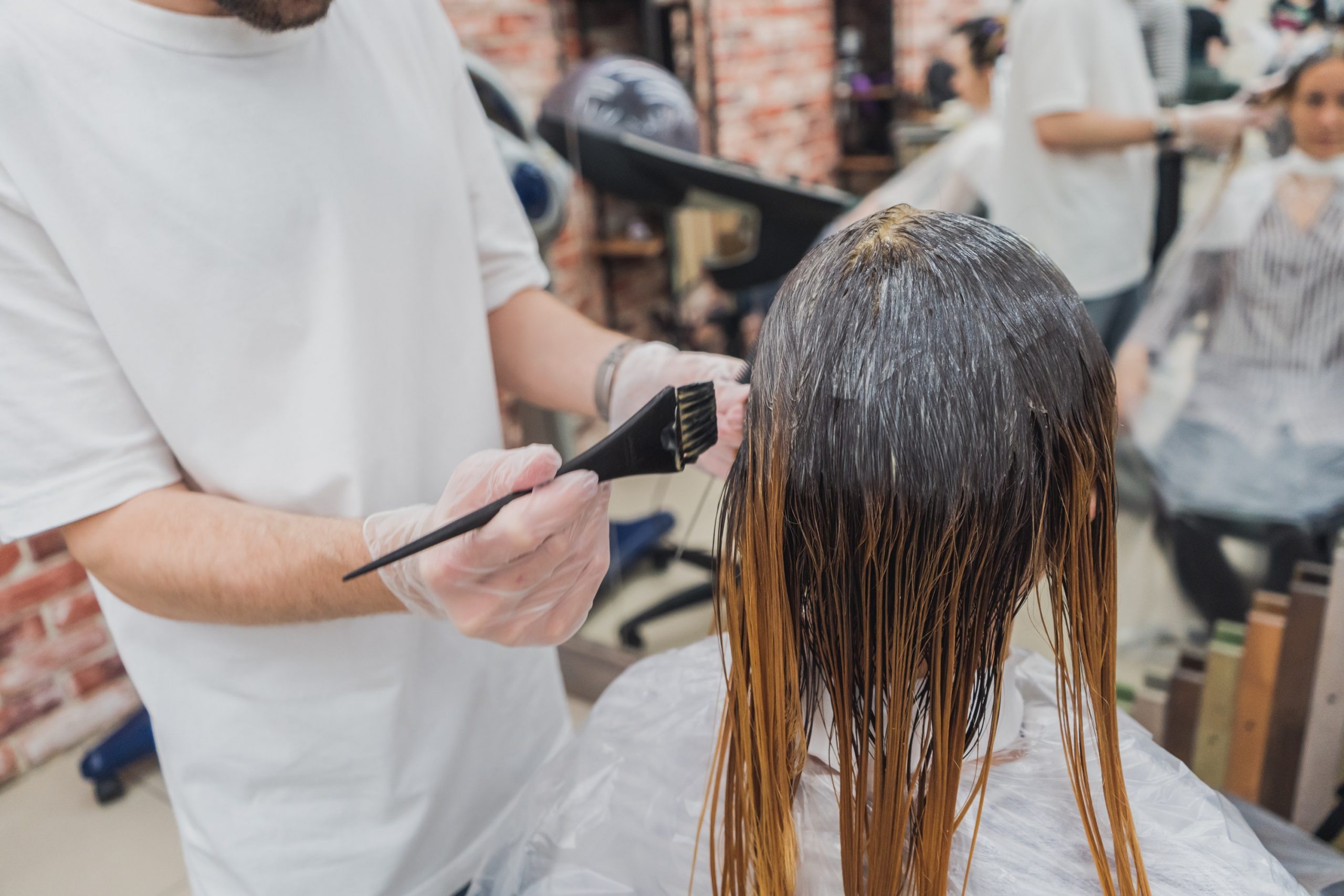Die Auswertung einer US Humanstudie zur Auswirkung der Verwendung permanenter Haarfarben auf das persönliche Krebsrisiko hat ergeben, dass für die meisten Erkrankungsarten laut der Studie kein Zusammenhang erkennbar ist, für einige spezielle aber weiterer Forschungsbedarf besteht.
No positive association was found between personal use of permanent hair dye and risk of most cancers and cancer related mortality. The increased risk of basal cell carcinoma, breast cancer (estrogen receptor negative, progesterone receptor negative, hormone receptor negative) and ovarian cancer, and the mixed findings in analyses stratified by natural hair color warrant further investigation.
Conclusion and public health implications
This prospective cohort study among mostly white US women offers some reassurance against concerns that personal use of permanent hair dyes might be associated with increased cancer risk or mortality.
However, we did find a positive association for risk of some cancers, including basal cell carcinoma, breast cancer (estrogen receptor negative, progesterone receptor negative, hormone receptor negative) and ovarian cancer. Additionally, mixed results were found in analyses stratified by natural hair color for some endpoints (increased risk of Hodgkin lymphoma was observed only among women with naturally dark hair; higher risk of basal cell carcinoma was observed specifically among women with naturally light hair). The generalizability of current findings is limited to white US women and might not extend to other populations. Our findings warrant further prospective validation in diverse populations and nations, various susceptibility genotypes (eg, N-acetytransferases, NAT1 or NAT2), cancers of various genotypes and molecular genetic phenotypes, different exposure settings (personal use v occupational exposure), different timings, and colors of permanent hair dyes used (dark v light colored). Additionally, exposure assessments should be more refined and interpreted in the light of the totality of evidence.
Es wurde kein positiver Zusammenhang zwischen der persönlichen Anwendung von dauerhaftem Haarfärbemittel und dem Risiko für die meisten Krebsarten und krebsbedingter Sterblichkeit gefunden. Das erhöhte Risiko für Basalzellkarzinom, Brustkrebs (Östrogenrezeptor-negativ, Progesteronrezeptor-negativ, Hormonrezeptor-negativ) und Eierstockkrebs und die gemischten Ergebnisse in Analysen, die nach natürlicher Haarfarbe stratifiziert wurden, erfordern weitere Untersuchungen.

